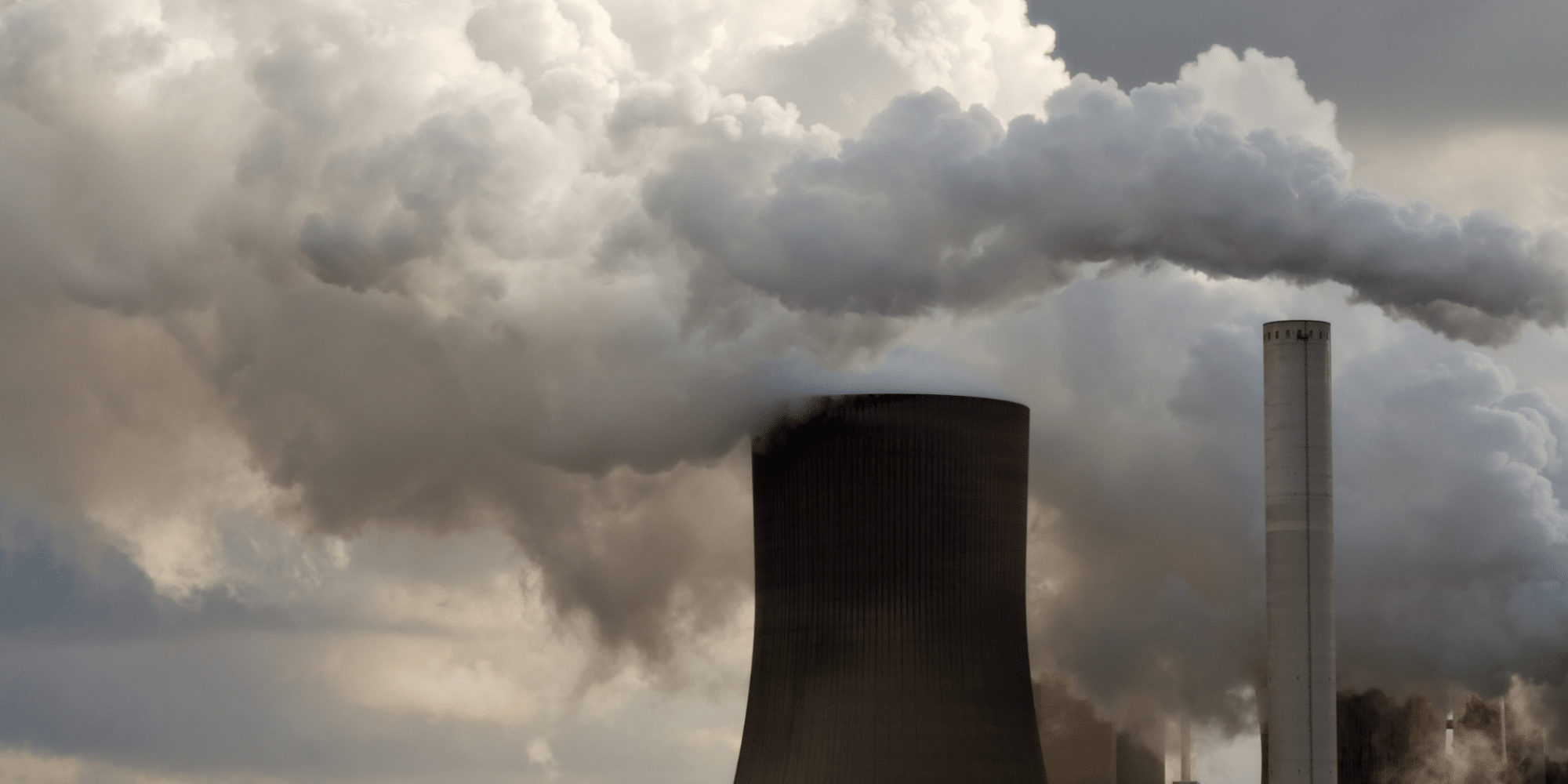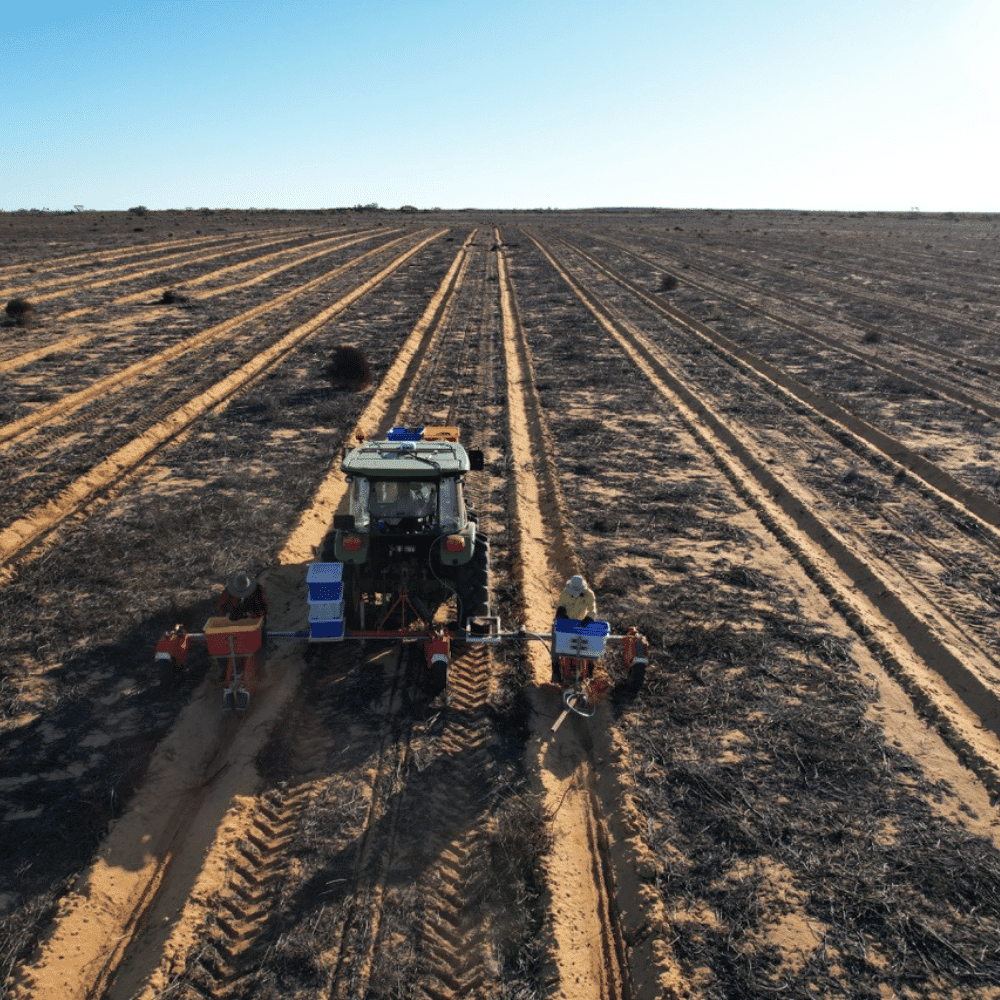Cop 28 – leaders plan for more renewable energy and less fossil fuel
In the critical decade to 2030 World leaders at the COP 28 Climate Conference call for an end to fossil fuels and a tripling of renewable energy. But what about ecological restoration?

COP28: A historic shift away from fossil fuels
For the first time in its 28 years, the United Nations Climate Change Conference (COP28) agreed to transition away from fossil fuels.
Is this the end for oil, coal, and gas?
Some are saying this is the beginning of the end for oil, coal, and gas which accounts for around 80% of global energy, but others say it does not go far enough.

The ‘Phase Out’ Debate
Australia, the US the UK were among the two-thirds of countries preferring the stronger language of ‘phase out’ which many believe would have allowed for measured targets.
The final agreement, signed by all 198 countries, called for an acceleration of action in this critical decade including a tripling of renewable energy and a move to low-emissions technologies. Little was done, however, to ensure this process was equitable.
What are the unmet needs of developing nations?
Developing countries that suffer the brunt of climate change, including losing their islands to sea level rise, received little funding for the transfer of renewable energy, adaption costs, or funds for loss and damage.
How are climate change impacts addressed?
Scant funding was also offered for ecological restoration as part of the solution. But this could change in the coming year and Australia has a key role to play.
How will Australia play a part in this movement?
In October 2024 Australia will host an international meeting to fund nature repair and has also put its hand up to host the follow-on United Nations Conference on Biodiversity.
What does the commitment entail?
The historic Kunming-Montreal Global Biodiversity Framework which saw the world agree to restore and protect 30% of the land and oceans was adopted at the last United Nations Conference on Biodiversity. This next one will see each country present their strategies for 23 agreed targets.

The crucial decade
With the money, the goodwill, and the right targets, this could be the turning point for the planet.
